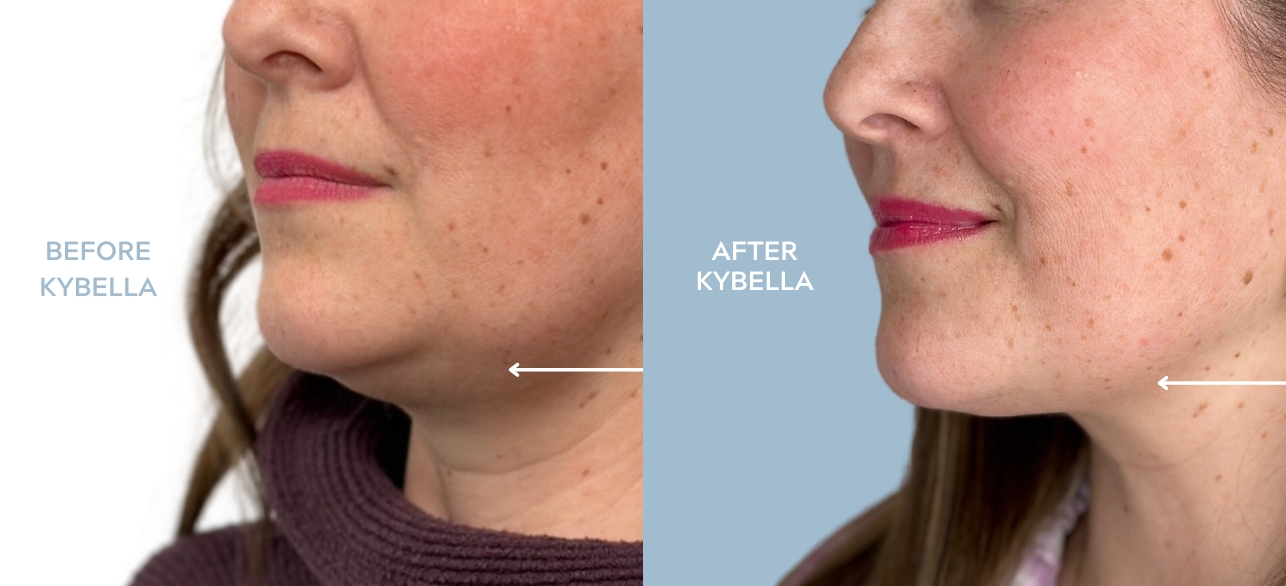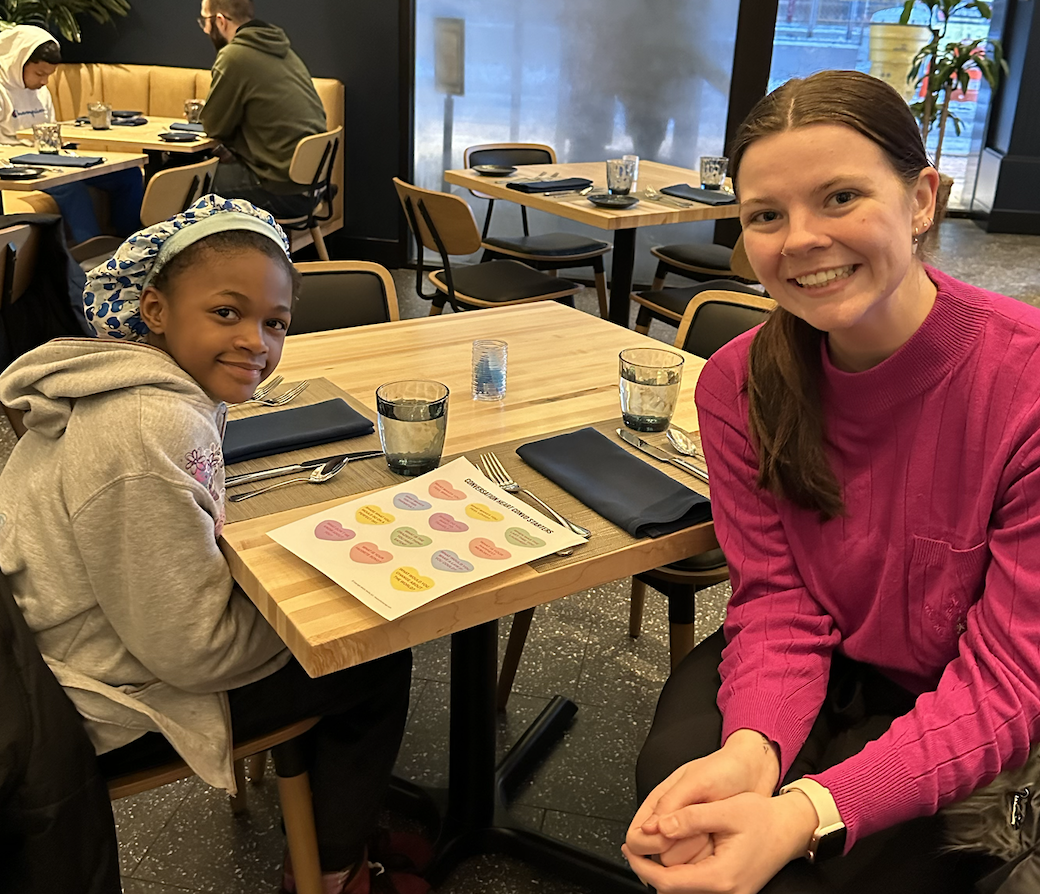04. 03. 2024
Ready to spring into a slimmer, more confident you? Watch the video below as board-certified dermatologist Dr. Mohiba Tareen delves into the latest and most efficient cosmetic procedures for refining and shaping your face and…
Continue Reading
03. 29. 2024
All skin surfaces are examined during skin checks from the top of the head to the toes. Skin is examined for evidence of pre-cancerous and cancerous spots for both nonmelanoma (skin cancers caused by the…
Continue Reading
03. 28. 2024
Get ready to ✨ spring ✨ into radiance at our upcoming cosmetic events—we can't wait to share our secrets to glowing skin with exclusive giveaways, discounts, goodie bags, mini-consults, and more. This year, we're expanding our reach to more…
Continue Reading
02. 16. 2024
St. Paul, MN, February 15, 2024 - Tareen Dermatology sponsored its 9th annual Palentine's event for Minnesota's Big Brother, Big Sister organization. This event, a cherished tradition for several years, aims to bring joy and…
Continue Reading



